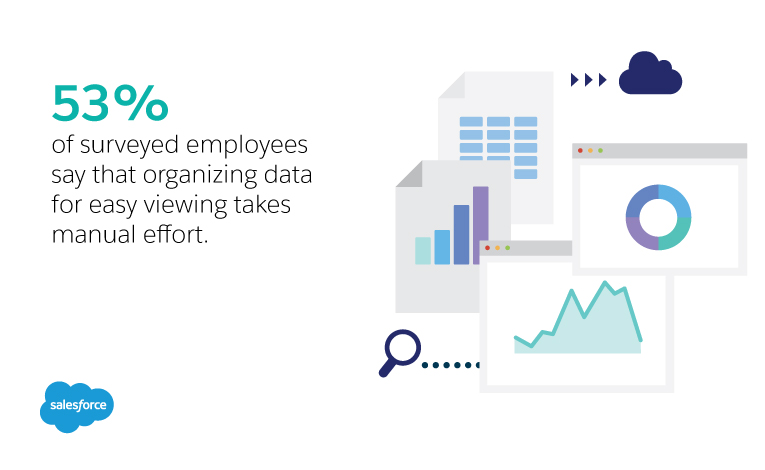visualization software
Seeing Data to Grow Your Business

The Value of Data Visualization For Businesses
Data visualization is important for businesses, as it makes it easier for decision makers to not only access data in a way that is comprehensible, but also as a way to interact with potential customers. By using data-visualization processes, a business can tell a story to customers about the importance of client-relevant information, allowing for a more-informed customer base.
This ability to tell a story is central to the entire data visualization movement, as it gives users (both within the organization, and outside of it) a logical sequence of events on which to base data-influenced decisions.
But while being able to clearly visualize data is certainly an advantage, if that data is not accompanied by any informed conclusions, then it’s only a single step up from raw information. This is why many of the most successful businesses rely on data visualization software. The best visualization software solutions are designed to operate as part of an entire suite of analytics tools. Tools with built-in intuitive analysis capabilities can help give context to the data being presented, and can take it a step beyond by showing the data behind the imagery. An effective visualization tool should provide the service of an entire team of data analysts, but with better efficiency, and at a lower cost, for a complete solution that will continue to perform effectively, no matter what problems it may face.
Traits of an Effective Visualization Software
An effective data visualization software should, above all, allow organizations of all sizes to gather, evaluate, and express data logically and coherently. To do this, you must be able to accomplish certain associated tasks. Here are four key abilities that an effective data visualization tool should have:
- Create tasks within the program in order to organize records in a way that allows for easy retrieval and review.
- Link databases or other key document files to the program in order to generate visualizations.
- Compare data based on a variety of criteria.
- Adjust incorporated information to produce changes to the visualization in real time.
Using Visualization to Better Understand Data

Effective data visualization is still something of a fantasy for certain organizations, with 53% of surveyed employees saying that getting all of the data they need requires manual effort.
But times are changing. As we see data becoming more and more essential to every-day business operations, those companies that are unable to keep current on visualization software may find themselves getting left behind, or collapsing from within. The most-important benefit of a superior data-visualization solution is that it provides a way for businesses to share complex ideas in a way that everyone can understand, effectively bridging the gap between having information and being able to use it to construct viable solutions. After all, a picture, or rather, visualized data, is worth a thousand words. And when it comes to business success, it’s worth a lot more than that.


